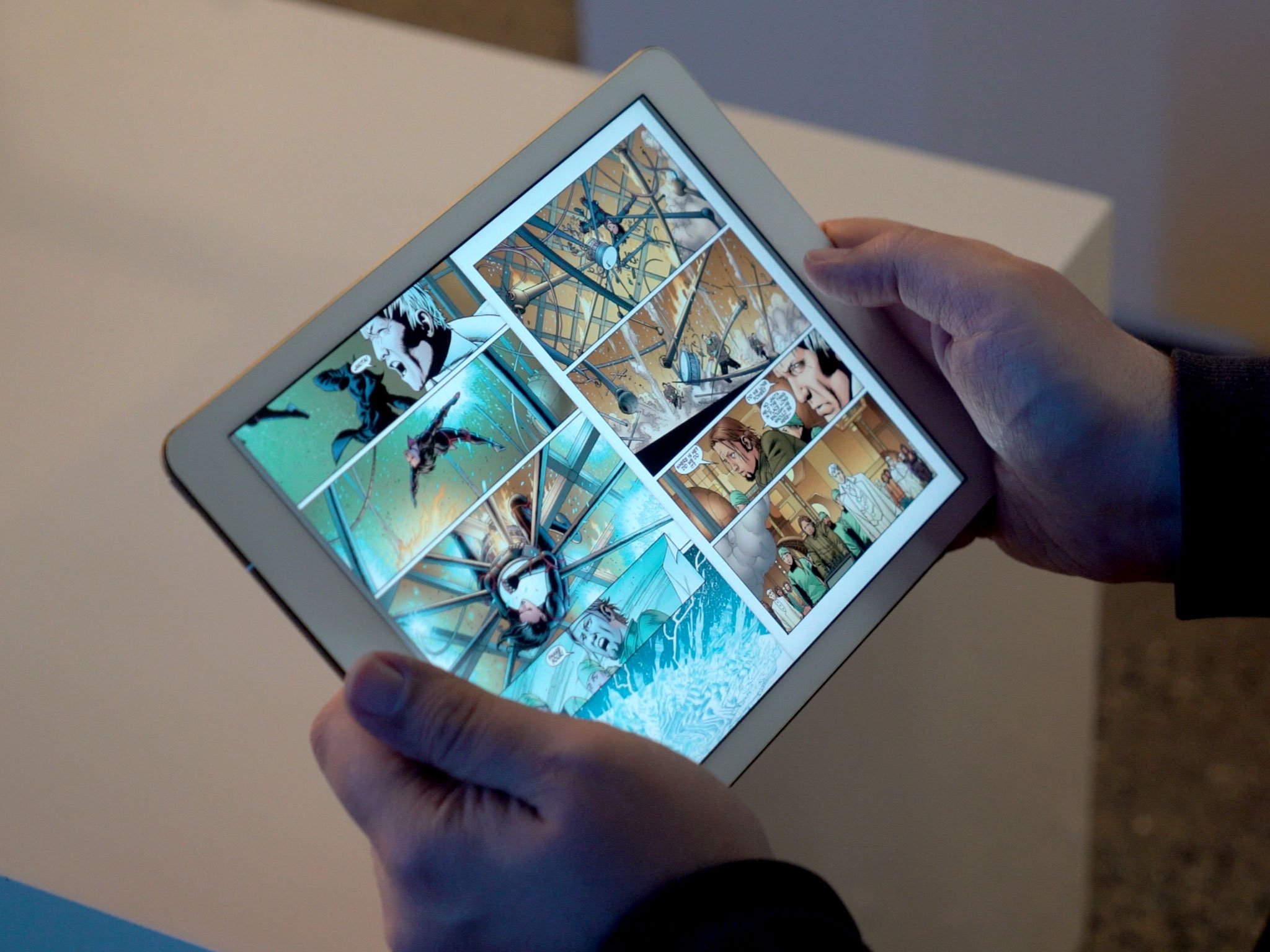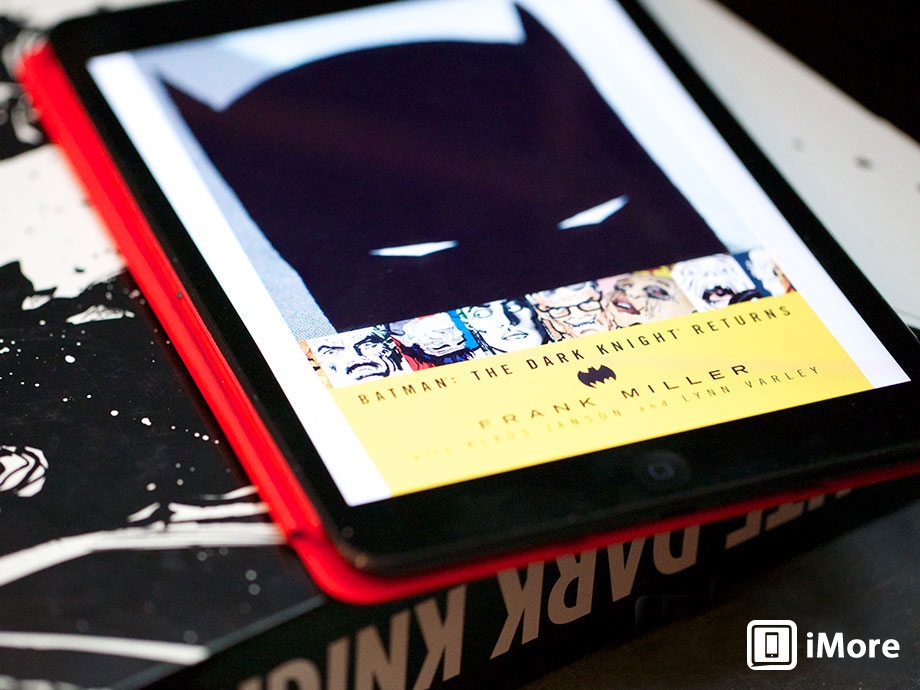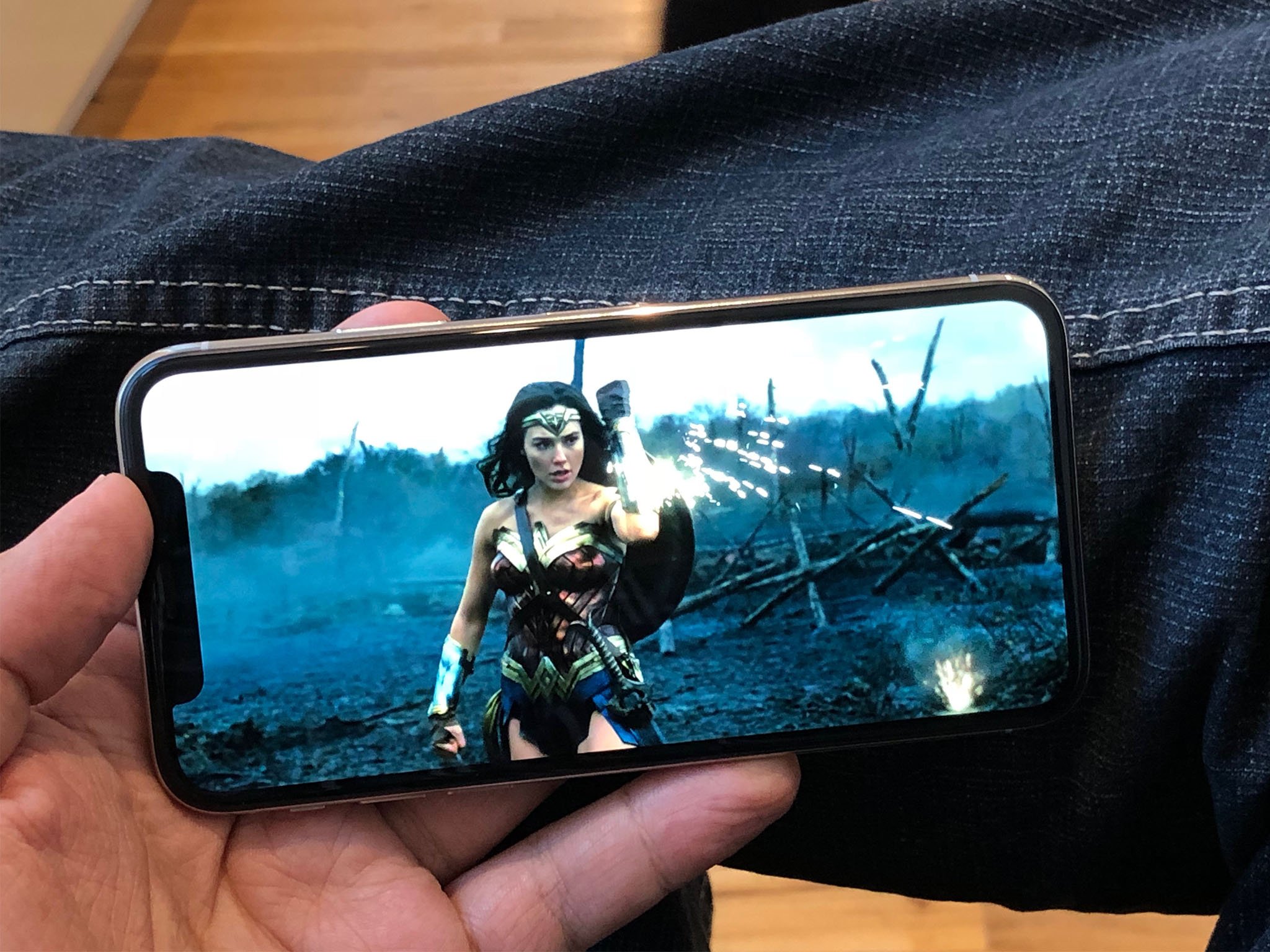Going digital: How to turn your music, movie, and book atoms into bits!

Too. Much. Stuff. That's how I felt. trapped by shelves full of DVDs and Blu-Rays. Piles of magazines and books. Boxes of comics and graphic novels. Stacks of old CDs and cassettes (ask your parents!). And I wanted out. I needed out. Sure, physical objects are magnificent and there's something about the glint of an optical disc, the smell of paper and ink, the crinkle of covers, that's compelling and real in a way no digital content could ever be. But physical objects take up space both physically and mentally, and de-cluttering yourself from them — that can be the best, most liberating feeling of all.
Over the last few years I've been deliberately reducing the amount of stuff I own. This year, I'm moving and that's drastically accelerated the process. There's nothing like having to lug around a ton of boxes to make you appreciate the idea of removing all the atoms — and exception — from your media.
So, I filled up bag upon bag, and box upon box, of DVDs, Blu-Rays, books, and everything else that was taking up space in my life and home, and donated them all. Then I partied like it was 2099 and set about finding digital equivalents for all that media. Because, de-cluttering or not, much of it still had great meaning to my life.
Music
Replacing my old cassettes and CDs was the easiest part of my digital migration. I simply subscribed to Apple Music. I had an iTunes collection already, of course, but streaming services literally put a huge chunk of the worlds music at your finger tips — or the tip of your tongue with Siri. Now, I ask for what I want to hear when I want to hear it, and it just plays.
There are a bunch of alternatives too, including Spotify, and many more. And you can access them using apps or Google Assistant or Alexa on any of your devices, including phones, tablets, computers, home hubs, tv boxes, smart watches, and more.
Some have free tiers, some have ads, but I pay $10 a month for Apple Music, which is probably less that what I paid for one CD a month back in the day, and it gives me virtually every CD today.
Newspapers, Magazines, and Comics

I read almost all of my periodicals in Apple's built-in News app these days, though I do subscribe to a couple of papers online because I want to support investigative journalism and the work they all do. Many local and national newspapers offer online subscriptions and apps now. Not all of them are great but it's improving bit by bit.
Master your iPhone in minutes
iMore offers spot-on advice and guidance from our team of experts, with decades of Apple device experience to lean on. Learn more with iMore!
For magazines, there's Texture, which offers unlimited access to over 200 publications for $10 a month. If you're into incredibly niche content, like Amiga Kung Fu Lightsaber Monthly, you might have to hunt that done specifically, most of the big stuff is right there. And for less than you could subscribe or buy the paper versions for.
I do similarly for comics, thanks to Marvel Comics Unlimited. It's also $10 a month, and gives you access to over 20,000 catalog comics from the House of Ideas. (It's an especially great way to read the stories that inspired the current Marvel Cinematic Universe films.) Sadly, there's no DC Unlimited yet, but you can buy DC — and many smaller publisher — tiles from Amazon's ComiXology service, which is a great way to own and keep all your favorites.
Books
eBooks have been a thing for a long time now and so have audio books. That gives you one of the most flexible paths to going digital. You can either get what's essentially a page-for-page "printed" version of a book to read on screen or you can get a full (or in some cases, abridged) copy read out-loud to you by the author or an actor.
You can get 54,000 free, classic eBooks from Project Guttenberg, and you can buy modern and just-released eBooks for Amazon Kindle or Apple iBooks, among others.
You can buy Audiobooks on iTunes if you really want to, or you can subscribe to Amazon's Audible service and get one book a month for $15, or purchase more at a discount whenever you want.
TV and Movies

Going all-in on digital for movies and TV is almost as easy as music. iTunes has been providing both for years. Thanks to Movies Everywhere,
These days, though, it's all about streaming. That means Netflix, Amazon Prime, YouTube, HBO Now, Hulu, and the list goes on and on. (And is still growing as CBS, Disney, and others launch their own streams.) Most require subscriptions, which can range from $10 to $15 a month, so it's best to try out each one and see which has the content that suits you the best.
Many major TV networks even have their own streaming app that offers the most recent content for free but requires a cable or satellite sign-in for everything.
Yes, it's embarrassingly more fragmented and cumbersome than music, but apps like TV from Apple help unify things a little, and if you pick and choose right, there'll almost always be something you want to watch.
To all a good night
I'm going all in on the digital migration but whether you're doing the same, only switching one or a few types of media over, or waiting with your shelves and boxes to see where all this is headed, I'd love to hear your thoughts. (Hey, you can still collect and even hoard — only this way it doesn't take up any IRL space!)

Rene Ritchie is one of the most respected Apple analysts in the business, reaching a combined audience of over 40 million readers a month. His YouTube channel, Vector, has over 90 thousand subscribers and 14 million views and his podcasts, including Debug, have been downloaded over 20 million times. He also regularly co-hosts MacBreak Weekly for the TWiT network and co-hosted CES Live! and Talk Mobile. Based in Montreal, Rene is a former director of product marketing, web developer, and graphic designer. He's authored several books and appeared on numerous television and radio segments to discuss Apple and the technology industry. When not working, he likes to cook, grapple, and spend time with his friends and family.
